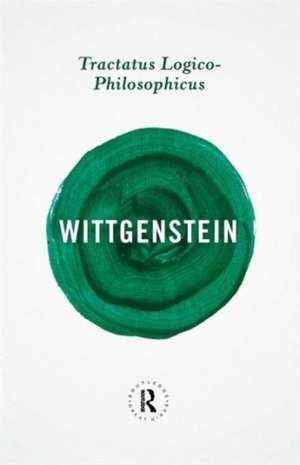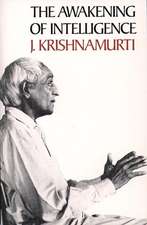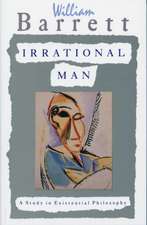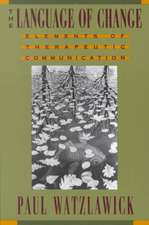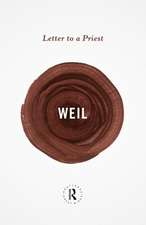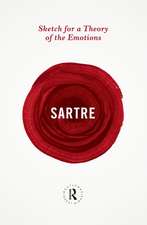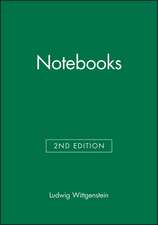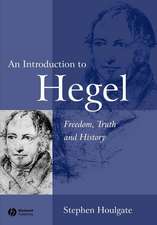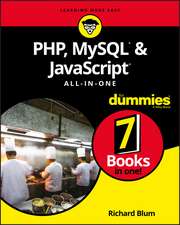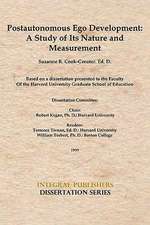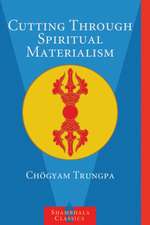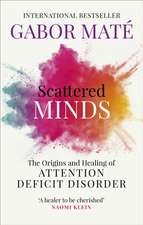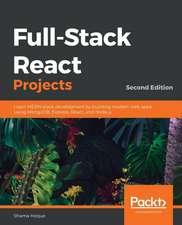Tractatus Logico-Philosophicus: Routledge Great Minds
Autor Ludwig Wittgensteinen Limba Engleză Paperback – 2 iul 2013
With a new foreword by Ray Monk.
| Toate formatele și edițiile | Preț | Express |
|---|---|---|
| Paperback (16) | 38.64 lei 3-5 săpt. | |
| CreateSpace Independent Publishing Platform – | 38.64 lei 3-5 săpt. | |
| CREATESPACE – | 46.59 lei 3-5 săpt. | |
| OUP OXFORD – 11 mai 2023 | 51.94 lei 10-16 zile | +17.06 lei 4-10 zile |
| Dover Publications – 31 dec 1997 | 55.42 lei 3-5 săpt. | |
| Penguin Books – 26 ian 2022 | 62.31 lei 3-5 săpt. | +4.69 lei 4-10 zile |
| CREATESPACE – | 64.79 lei 3-5 săpt. | |
| Martino Fine Books – 25 mar 2015 | 100.46 lei 17-23 zile | +9.33 lei 4-10 zile |
| Taylor & Francis – 18 mai 2001 | 121.87 lei 3-5 săpt. | +6.68 lei 4-10 zile |
| Taylor & Francis – 2 iul 2013 | 159.85 lei 3-5 săpt. | +5.77 lei 4-10 zile |
| Taylor & Francis – 10 sep 1981 | 287.09 lei 3-5 săpt. | +16.39 lei 4-10 zile |
| BENEDICTION CLASSICS – 19 noi 2019 | 48.15 lei 6-8 săpt. | |
| Neeland Media – 18 iun 2019 | 51.80 lei 6-8 săpt. | |
| CHIZINE PUBN – 17 aug 2017 | 71.37 lei 17-23 zile | |
| Bottom of the Hill Publishing – 30 apr 2011 | 76.17 lei 38-44 zile | |
| COSIMO CLASSICS – 30 apr 2007 | 83.80 lei 6-8 săpt. | |
| Anthem Press – 10 mai 2021 | 306.04 lei 6-8 săpt. | +132.81 lei 4-10 zile |
| Hardback (6) | 78.13 lei 24-35 zile | +40.28 lei 4-10 zile |
| Penguin Books – 7 dec 2023 | 78.13 lei 24-35 zile | +40.28 lei 4-10 zile |
| BENEDICTION CLASSICS – 19 noi 2019 | 118.57 lei 6-8 săpt. | |
| Taylor & Francis – 18 mai 2001 | 626.30 lei 6-8 săpt. | |
| Anthem Press – 10 mai 2021 | 697.73 lei 6-8 săpt. | |
| Anthem Press – 10 mai 2021 | 698.44 lei 6-8 săpt. | |
| Taylor & Francis – 27 aug 2015 | 1269.38 lei 6-8 săpt. |
Preț: 159.85 lei
Nou
30.59€ • 31.82$ • 25.25£
Carte disponibilă
Livrare economică 25 martie-08 aprilie
Livrare express 08-14 martie pentru 15.76 lei
Specificații
ISBN-10: 041585475X
Pagini: 144
Dimensiuni: 129 x 198 x 8 mm
Greutate: 0.15 kg
Ediția:1
Editura: Taylor & Francis
Colecția Routledge
Seria Routledge Great Minds
Locul publicării:Oxford, United Kingdom
Public țintă
General and UndergraduateCuprins
Foreword to the Routledge Great Minds Edition 1. Translators' Preface 2. Introduction by Bertrand Russell 3. Tractatus Logico-Philosophicus Preface 4. Translation Index
Descriere
Ludwig Wittgenstein is one of the greatest and most fascinating philosophers of all time. His Tractatus Logico-Philosophicus, composed in a series of remarkable numbered propositions, was the only book he published in his lifetime. He tackles nothing less than the question of whether there is such a thing as a logically perfect language and, armed with it, what we can say about the nature of the world itself. Pushing the limits of language, logic and philosophy, the Tractatus is a brilliant, cryptic and hypnotic tour de force, exerting a major impact on twentieth-century philosophy and stirring the imagination today.
With a new foreword by Ray Monk.
